Mercy is never the cheap option

Last Sunday morning I was driving to Aberdeen and I turned on the radio to listen to the morning service being broadcast from St Martin’s-in-the-Fields. The Vicar of St Martin’s, Rev. Dr Sam Wells, was the preacher. I have met Sam on at least two occasions and found him to be an interesting and inspiring practical theologian. He heads up a community in the centre of London that is seeking to live out its faith in a multi-cultural environment: serving the poor, encouraging the artist and challenging the commercial world with alternative thinking about financial models.
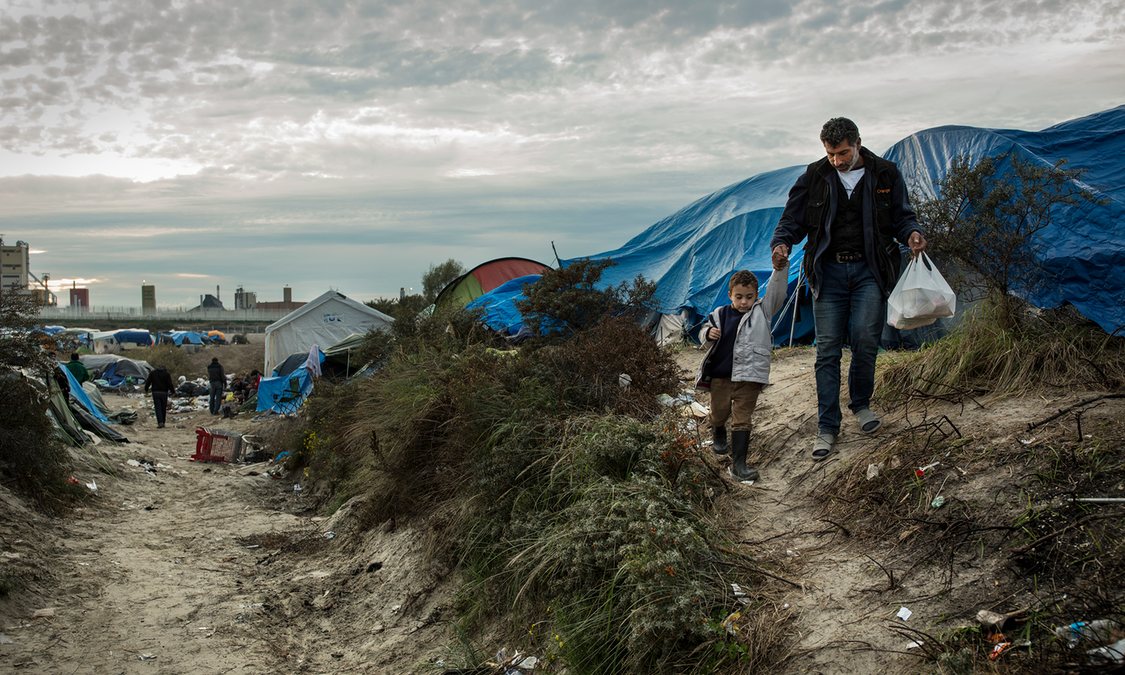 The service on this occasion focused on all that has been happening in Nice over the past few days. I was especially captivated by the power of the spoken prayers, as God was asked the age old question, “How long must we put up with all this violence in our world?”. The sentiment was taken from the psalmist, David, and it was heartfelt: it highlighted the solidarity between our broken confused world of violence and despair and that of the ancient writer’s experience of his world of war and destruction. He too asked God for answers to the tragedy of the human condition.
The service on this occasion focused on all that has been happening in Nice over the past few days. I was especially captivated by the power of the spoken prayers, as God was asked the age old question, “How long must we put up with all this violence in our world?”. The sentiment was taken from the psalmist, David, and it was heartfelt: it highlighted the solidarity between our broken confused world of violence and despair and that of the ancient writer’s experience of his world of war and destruction. He too asked God for answers to the tragedy of the human condition.
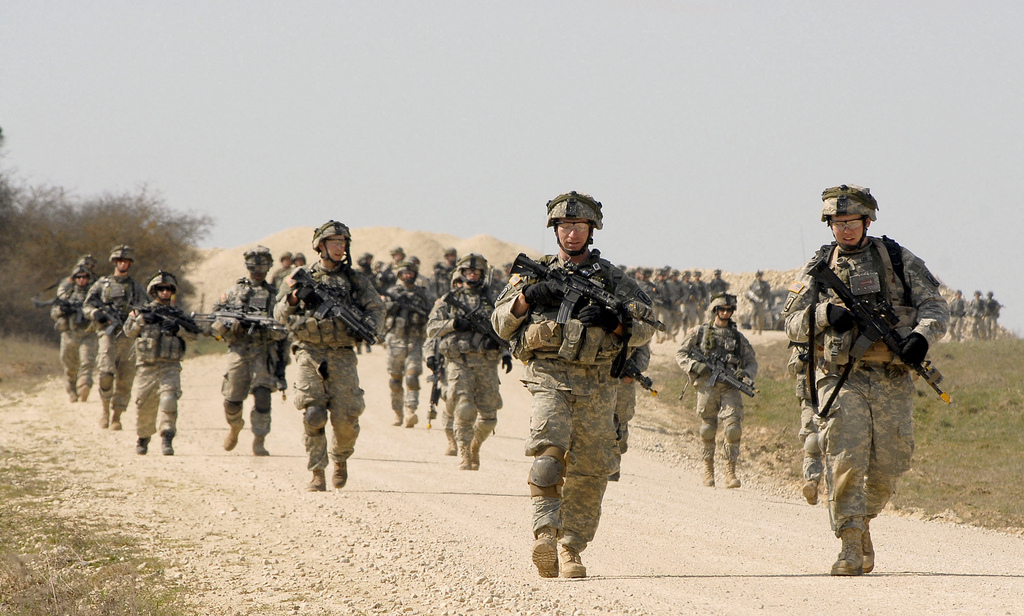 2,500 years later we are no further ahead. Today we are engulfed in a world of violence and fear. This violence has moved from the distant battlefields of the middle east to the cities of mainland Europe. Indeed, all over our world men and women are reverting into the bunker mentality of fear and suspicion. Politicians and journalists are now talking about a possible second phase of the 1960s ‘cold war’ between the West and Russia. It is arguments like these that are being used to justify nuclear weapons. Somehow I don’t believe we need to return to the days when Barry McGuire was singing about the ‘Eve of Destruction’.
2,500 years later we are no further ahead. Today we are engulfed in a world of violence and fear. This violence has moved from the distant battlefields of the middle east to the cities of mainland Europe. Indeed, all over our world men and women are reverting into the bunker mentality of fear and suspicion. Politicians and journalists are now talking about a possible second phase of the 1960s ‘cold war’ between the West and Russia. It is arguments like these that are being used to justify nuclear weapons. Somehow I don’t believe we need to return to the days when Barry McGuire was singing about the ‘Eve of Destruction’.
All this rhetoric in turn brings about the self fulfilling prophecy. If we allow a group of people, whether they are Black or White; Muslim or Jewish; Catholic or Protestant; or even a nation, to be demonised long enough by a small group of bullies then ordinary people will begin to believe it to be true. If for years politicians have allowed the European Community to be damned with faint praise, is it any wonder that people will eventually act out negativity?
We require wise and thoughtful political leadership and balanced media reporting to deal with the problems facing our world. We need leadership that seeks to reach out with a message that everyone is valuable in our world. A message that reminds us of our duty to one another. If our world is broken, we cannot walk past and leave the broken lying helpless on the street. This week's podcast features Tim O’Connor, who is working as a volunteer to help relieve some of the stress that faces the 4000 refugees held in camps at Calais. You can listen to it here or subscribe on iTunes.
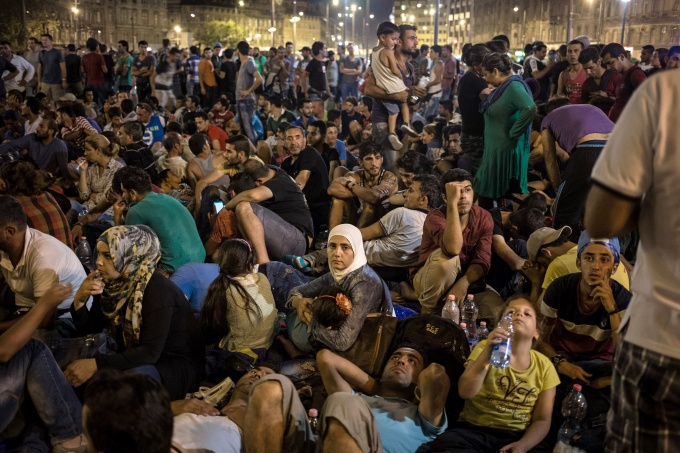 The gospel of Jesus invites the individual to look out beyond themselves. To step over fear and suspicion. We are called to be prophets of hope and reconciliation. The story of the good Samaritan still rings true today. It speaks to the carnage in Nice, the racial violence in the United States and the horrific attacks that have taken place in Baghdad; Nairobi; Karachi; Tel Aviv and the West Bank. It speaks to the divisions within our own country, among politicians and citizens. It reminds us that we all have a duty to look after our neighbour.
The gospel of Jesus invites the individual to look out beyond themselves. To step over fear and suspicion. We are called to be prophets of hope and reconciliation. The story of the good Samaritan still rings true today. It speaks to the carnage in Nice, the racial violence in the United States and the horrific attacks that have taken place in Baghdad; Nairobi; Karachi; Tel Aviv and the West Bank. It speaks to the divisions within our own country, among politicians and citizens. It reminds us that we all have a duty to look after our neighbour.
Jesus asked this question of law maker (regarding the actions of those involved in the story mentioned above), “Which of these three, do you think was the neighbour to the man who fell into the hands of the robbers?”. It is interesting to note how the lawyer replied, “The one who showed mercy to him”.
Mercy is never the cheap option; it always places the mercy giver in danger. Their motives and actions will always be questioned. Yet the results of the mercy giver shows that good will triumph over evil. Perhaps we need to talk more about the magnificent people who show mercy and kindness in a million ways each day to those who are lost and alone. If this kind of reporting happened, the politics of fear would be challenged and perhaps replaced with a metaphor of hope and reconciliation. It is this metaphor of hope and reconciliation that individuals like Tim O’Connor and Sam Wells, along with his team in St Martin’s-in-the Fields, are seeking to model.




 Add to Favourites
Add to Favourites
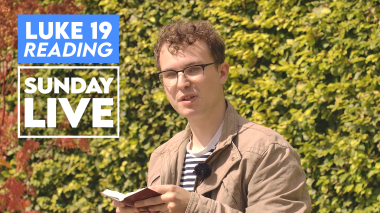
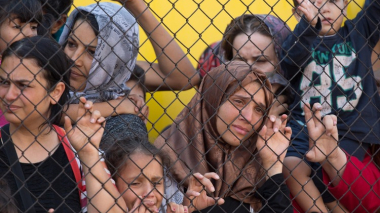
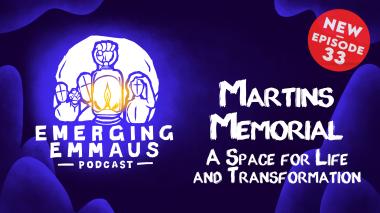



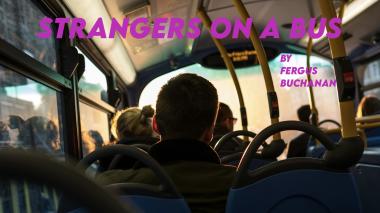
Login to comment.